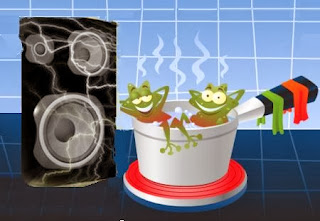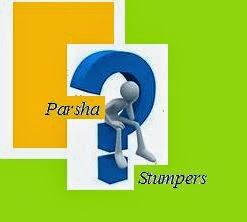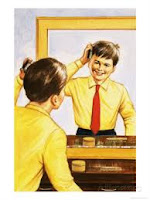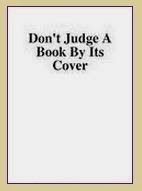Parshas Yisro - Loud Music and Boiling Frogs

~ Thoughts on the Parsha ~ Parshas Yisro Loud Music and Boiling Frogs By: Daniel Listhaus וַיִּשְׁמַע יִתְרוֹ כֹהֵן מִדְיָן חֹתֵן משֶׁה אֵת כָּל אֲשֶׁר עָשָׂה אֱלֹקים לְמשֶׁה וּלְיִשְׂרָאֵל עַמּוֹ כִּי הוֹצִיא ה ' אֶת יִשְׂרָאֵל מִמִּצְרָיִם “And the father-in-law of Moshe, Yisro, the priest of Midyan, heard all that G-d had done for Moshe and for [ B'nei ] Yisroel , His people, that Hashem had taken [ B'nei ] Yisroel out of Mitzrayim. ” - Yisro 18:1 וַיְהִי קוֹל הַשֹּׁפָר הוֹלֵךְ וְחָזֵק מְאֹד משֶׁה יְדַבֵּר וְהָאֱלֹקים יַעֲנֶנּוּ בְקוֹל “And the sound of the shofar grew increasingly stronger; Moshe would speak and G-d would answer him with a voice.” - Yisro 19:19 Rashi [1] on this passuk (verse) brings a Gemara [2] which is bothered what was it that Yisro heard that inspired him to convert and join B'nei Yisroel in the midbar (desert)? Rashi answers by bringing two of the three suggestions offered




